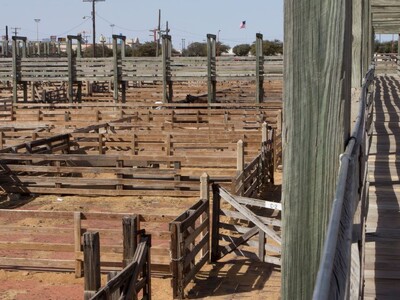Xerpha update; Gulf grain exports and oil
Farm and Ranch May 6, 2010 The yellowing and dying of older leaves on the soft white winter wheat Xerpha may be from a type of snow mold. That’s what some samples of the variety analyzed by USDA-ARS plant pathologist Tim Paulitz at Pullman indicate. There has been concern about herbicide damage to Xerpha, a new variety which was first widely planted last fall. Paulitz reports that samples from around Lind and Harrington, Washington, had Typhula incarnata, a snow mold that is favored by cold temperatures and is active at 34 to 41 degrees Fahrenheit. He says unlike the snow molds that cause a visible web at snow melt and can completely kill plants, T. incarnata does not need snow cover and does not cause severe disease in wheat. Paulitz says this could account for the symptoms on Xerpha. He adds that the variety should outgrow it and it may not cause any yield loss as Xerpha is a high yielder and can probably compensate for it. If that major oil spill in the Gulf were to cause shipping delays USDA economist Joe Glauber says there would be an impact on grain prices. But; Glauber: “Thus far no sign of problems. We are like everyone else are following this day-to-day but at least all the news thus far suggests the ports are clear. We have had a lot of ag shipments, or sales, so there is a lot of activity. There is a lot of activity out of the port but thus far everything looks quite good.” BP said yesterday it had shut off one of three leaks coming from its well that is releasing oil directly into the Gulf of Mexico. I’m Bob Hoff and that’s the Northwest Farm and Ranch Report on Northwest Aginfo Net. ?














